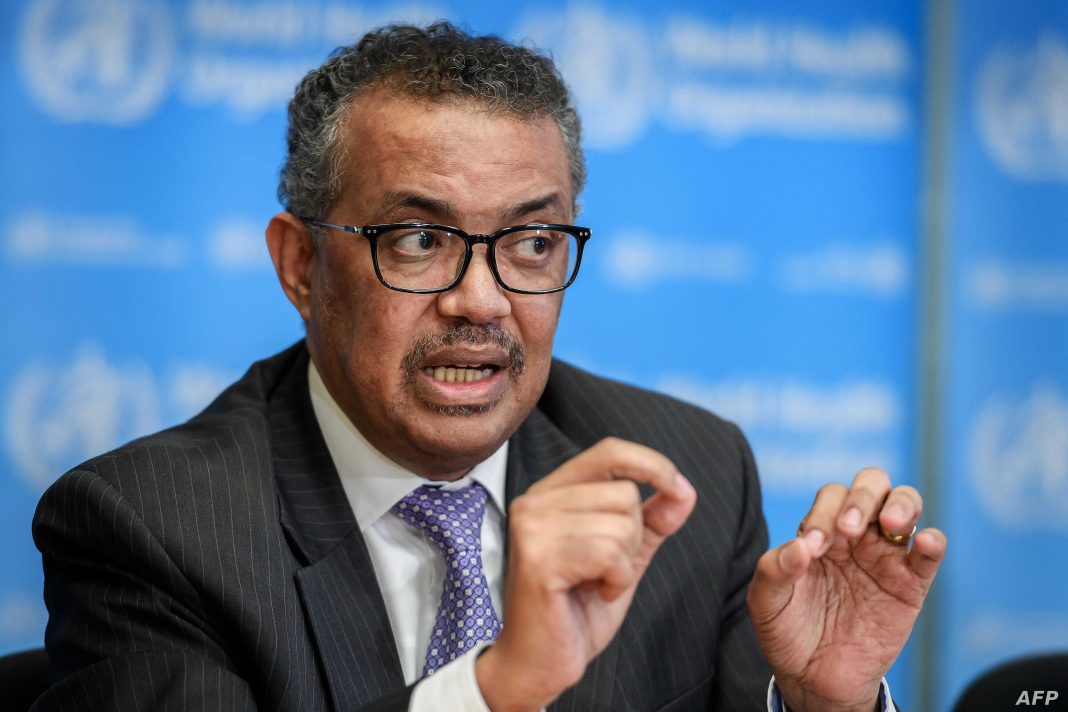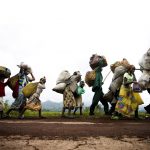The World Health Organization (WHO) has launched an appeal for $1.5 billion (5.7 trillion) to protect the health of the most vulnerable populations in 41 emergencies around the globe in 2024.
The appeal covers emergencies that demand the highest level of response from WHO, with the aim of reaching over 87 million people. It is being issued in the context of complex emergencies cutting across crises of conflict, climate change, and economic instability, which continue to fuel displacement, hunger, and inequality.
“For those facing emergencies, disruptions to essential health services often mean the difference between life and death. From mothers giving birth during conflict to aiding young children in drought-affected regions to those receiving cancer treatment or dialysis, healthcare saves lives. Health-care services are also critical for breaking the cycle that too often leaves communities in a perilous state and reliant on yet more emergency assistance,” said WHO Director-General Dr. Tedros Adhanom Ghebreyesus.
Support in 2024 will enable life-saving health care, distribution of critical health supplies and equipment, along with maintenance of essential health services to ensure continuous care. The funding supports direct access to health care for communities in hard-to-reach areas, in partnerships with local organizations, and effective response to monitor, share information and document outbreaks and attacks on health workers. Other important actions are maintenance of existing health-care systems and building resilience against future threats.
The appeal notes the positive value of funding to support people with humanitarian needs. Every $1 (Shs3803) invested in WHO delivers a return on investment of at least $35 (Shs133000).
The funding would go to the African Region, with $334 million (Shs1.27 trillion); the Eastern Mediterranean Region, with $705 million (Shs2.6 trillion); the European region, with $183 million (Shs696 billion); the Western Pacific Region, with $15.2 million (Shs57 billion); the South-East Asia Region, with $49 million (Shs186 billion); and the Americas Region, with $131 million (Shs498 billion).
“With the support of donors, we will save lives, meet critical health needs for the most vulnerable, and help communities emerge from crises with a greater ability to tackle future health threats. WHO appreciates all support received in 2023, which allowed us to assist millions of people. As we enter 2024, the solidarity and support of the international community is needed more than ever,” said Dr Tedros.








